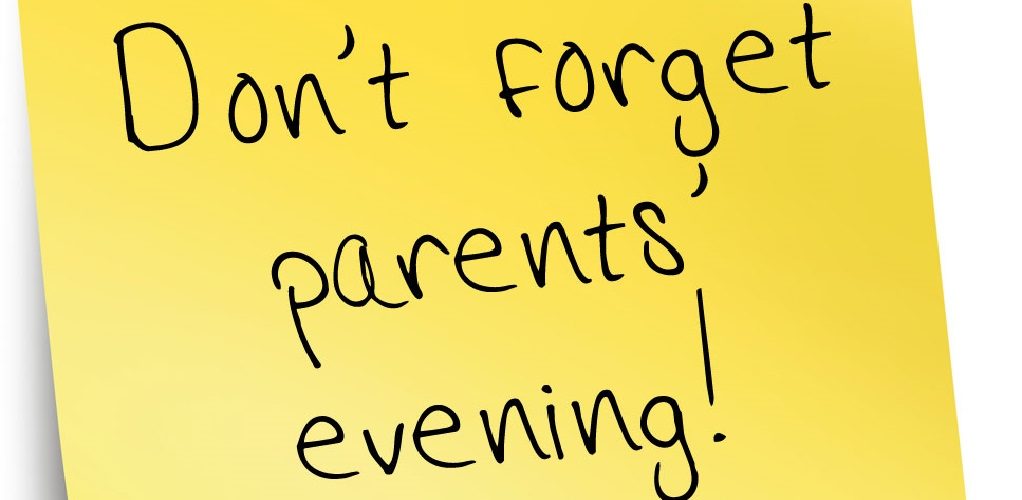Sociology
Sociology is the study of human societies and how they are constructed and develop. Our curriculum increases students’ understanding of the social world and places the individual within a social context.
Further details of the curriculum can be found in the documents downloadable from the bottom of this page.
Students will develop an awareness of differences between social groups and will have the opportunity to explore and challenge a range of competing views that exist within society. Students studying Sociology will foster curiosity about the ever-changing world around them and develop as individuals who are aware of contemporary societal issues.
Students will have an understanding of concepts such as inequality, discrimination and life chances and how these impact people in society in different ways. They will learn how the influences from society shape our behaviour and how we view the world. They will recognise the complexity and differing explanations of some of the most urgent questions that face society such as:
- Why is there poverty?
- Why is there inequality within society?
- Why do different groups achieve differently in our schools?
- Why do crime rates vary so much by gender and age?
As students understanding deepens so will their empathy when approaching these issues. They will understand the causes of these complex social issues and be thoughtful of others and respectful of people with different lifestyles. In addition, students will be encouraged to think critically and challenge controversial views that exist within society.
As sociologists, students will uncover the changes that have taken place in the family since the 1950s, will have an understanding of differential educational achievement in the UK today and a range of factors that can contribute to one committing crime. In addition, students will know how sociological research has aided our understanding of society and be able to use this to explain and evaluate ideas. They will also acquire knowledge of a range of research methods that are used to conduct research.
Sociology students will have an enthusiasm for studying society; they will be curious to explore the world around them and be able to make connections to their sociological knowledge in all aspects of life. They will also develop as individuals, becoming well-rounded human beings with an awareness of their own behaviour as individuals and why as a society people act the way they do.
Year 10
In Year 10, students begin the study of sociology by learning about the process of cultural transmission. They will use this knowledge to explain where we learn our culture from and how.
Students will then build upon this knowledge and be able to make connections to it through studying the topics of family and education. They will be able to articulate the changes and debates connected to family life and the reasons for differential achievement between social groups within education.
Students will know a range of sociological theories and evidence. They will be able to apply this to each topic and construct logical explanations and debates in order to reach a reasoned conclusion. Students will then complete Year 10 by studying research methods so that they can identify the issues that researchers may face when conducting research and be able to explain the strengths and weaknesses of a range of research methods. At the end of Year 10 students will have gained crucial knowledge of human behaviour in contemporary society today and how it is studied.
Year 11
Year 11 students build upon their prior knowledge with an in-depth study of social differentiation and stratification. They will be able to answer exam questions drawing upon examples from topics studied in Year 10.
Through examining this topic students will be able to demonstrate links between topics and develop their critical thinking with application of their knowledge to a range of new concepts. Students will study differences between social groups and how this can impact life chances.
In addition, they will examine patterns in crime rates and be able to articulate a range of reasons for the differences between these amongst different social groups. Students will be able to draw upon prior knowledge of research methods to identify potential problems with official statistics and use a source to interpret graphs and identify trends within research. By the end of Year 11 students will be able to use sociological knowledge to describe, explain and evaluate a range of ideas and reach a reasoned conclusion.


















